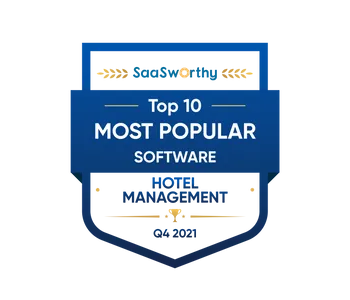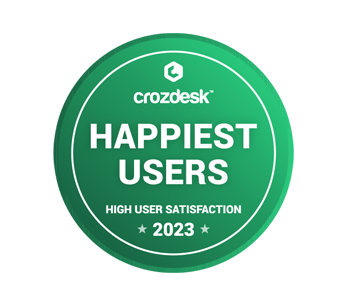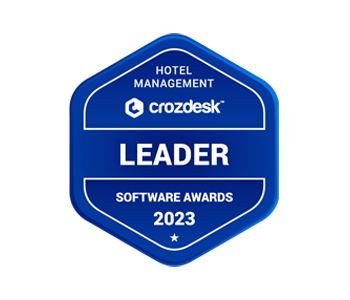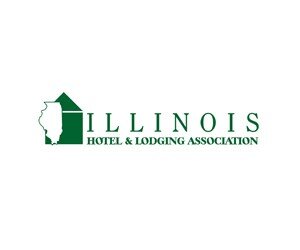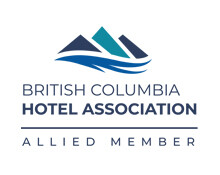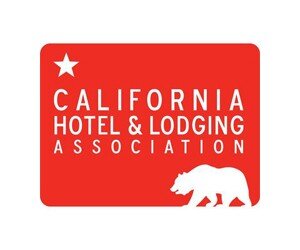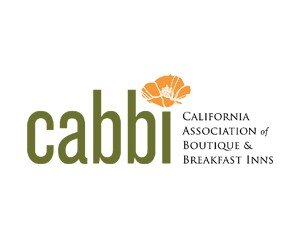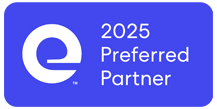Booking a hotel can make guests anxious. It’s a risk, and they want to be sure that your property is the best choice. There are a myriad of nagging doubts to worry them, from getting lost to forgetting something. Here’s how to resolve those doubts and reassure your guests that you have everything in hand.
Cancellations
Guests want to know that they won’t lose every penny if something aka Covid happens to their travel plans. Use flexible cancellation policies to show them that staying with you is a safe bet. If you’re concerned about lost profits, you can always limit these policies to loyalty program members or convert cancellations into gift certificates to be used in future. In this scenario, the guest doesn’t get their money back, but they can visit at a later date once the coughing has stopped.
Covid Concerns
While many people are venturing out and putting the pandemic behind them, there remain others for whom Covid is still a prominent concern. For instance, if guests are immunocompromised or elderly, they may need to know what your precautions are, and there are also the ordinary coughs, colds, and flu that make the rounds during winter. After a while, there’s only so much tea and ginger ale you can drink.
Show guests that you have this under control by detailing your Covid precautions on your website and in other marketing materials. It’s also smart to include them in your guest agreement. That way, if your guest insists on violating these precautions, you can show them that they were informed beforehand.
WebRezPro’s housekeeping report enables you to maintain high standards across your property. Rooms are displayed with their current status, occupancy zone, and any attached maintenance alarms. Housekeeping checklists ensure nothing is skipped, and a housekeeping log shows the date and time of all status updates as well as the relevant employee.
Data Security
These days, thieves don’t have to physically snatch your wallet to drain it. Cybercrime is ubiquitous, and data security is paramount. Guests have reason to worry about where their credit card information could end up.
To ensure they feel safe booking with you, limit access to guest data and use SSL encryption to secure your website. A safe website and booking engine will display https (not just http) in the URL. In addition, choose a payment gateway that sends a placeholder to your system instead of the guest’s real credit card number. This way, a hacker won’t be able to steal it from you, even if they do break in, because it was never there in the first place.
Educate your employees. If they think a phishing email has to do with actual fish, then you have work to do.
Wi-Fi
Without Wi-Fi, business travelers (and most leisure ones) are out of luck. Be sure to advertise free and fast Wi-Fi along with your other amenities so that guests know they’ll be able to send that urgent email.
Data security is important here as well (see above). Ensure that all data coming through your network is encrypted and that a firewall is in place. You should keep your guest network separate from your business network so a breach in one does not compromise the other.
Clear Directions
Getting lost can be a bigger issue than you’d think, especially in a large, unfamiliar city full of one-way streets. Just ask anyone who’s made a wrong turn down one of them. Alleviate this stressor by providing clear directions on your “Contact Us” page and suggesting transportation methods to your hotel. A free airport shuttle is always appreciated.
Make your outside signage big and easy to read. It won’t matter if the GPS tries to lead your guest in circles if that guest can see you from blocks away.
Forgetting Essentials
Ever forget your toothbrush or phone charger? Your guests have too. Stock your hotel gift shop with travel essentials that your guests can take advantage of if their memory slips (or their airline decides to send their luggage on a trip to Timbuktu).
Use a point of sale (POS) system that integrates with your property management system (PMS) so that you can charge purchases to the guest’s room without manual double entry. This saves time and eliminates errors. Even a jetlagged guest will realize that a toothbrush should be $3.99, not $399.
Feeling Welcome
Not every guest presupposes they will be welcome, particularly if they are part of a group that has been discriminated against. They could be worried about being viewed as an inconvenience or burden (guests with disabilities) or whether they and their partner will be stuck in a twin-bed room (LGBTQIA+ guests).
Use your website and other marketing materials to demonstrate acceptance. One simple way to do this is by portraying diversity in the images you display. Or you can state it directly, for example, “We’re happy to welcome our LGBTQIA+ guests.”
Accreditation from an outside source helps as well. It’s a form of social proof that shows you take inclusion seriously.
For guests with disabilities, describe the accessible accommodations / amenities you offer clearly on your website. Be as specific as possible. For instance, Oasis by the Bay Vacation Suites has a link on the homepage that takes visitors to a dedicated accessibility page with features such as wider door frames, roll-in showers, and ceiling lifts. If your restaurant offers options for people with dietary restrictions, list those as well. Familiarize yourself with cross-contamination risks and protocols.
Train your staff on how to integrate diversity and inclusion into their customer service. Many people mean well but can miss nuances they don’t have to contend with on a day-to-day basis. So show them!
Lastly, if you host any group who may be worried about their safety, let them know what your physical security precautions are.
Alleviating travel anxieties encourages guests to click that “Book Now” button with confidence and boosts your bottom line. Ensure every guest knows that they will be well taken care of at your property!















